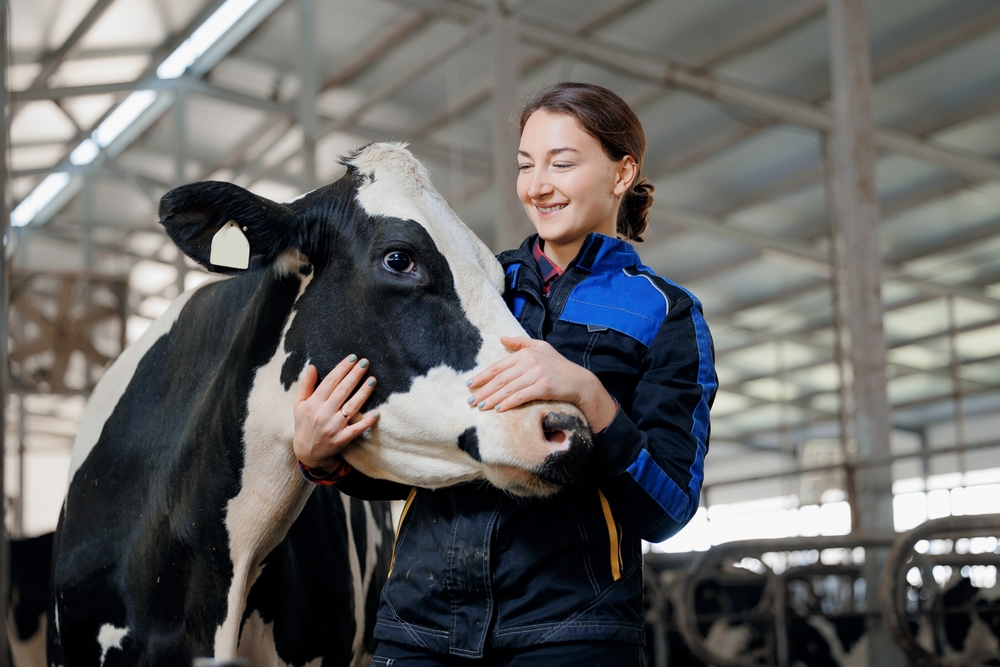Source: Beef Magazine
Calf rumen development is influenced by more than age—it depends heavily on diet, milk intake, and early environmental exposure. On Kansas State University’s Cattle Chat podcast, experts explained how differences in dairy and beef calf nutrition shape digestive growth and herd performance. Dairy calves are fed grain from birth to promote rumen fermentation, which produces volatile fatty acids essential for rumen papillae development and nutrient absorption.
Since dairy calves are typically weaned by six to eight weeks, rapid rumen development is critical. In contrast, beef calves, which remain with their dams on pasture longer, consume limited forage early on and develop more gradually. Environmental exposure and maternal interaction introduce beneficial microbes into the rumen in both systems. Milk production also plays a role—high-milking cows may delay interest in solids. Overall, early rumen activity, regardless of system, is crucial for calf health and productivity, making careful management of nutrition and development essential for long-term success.

